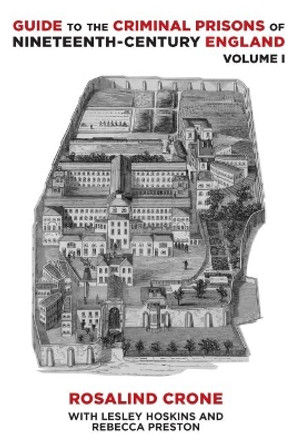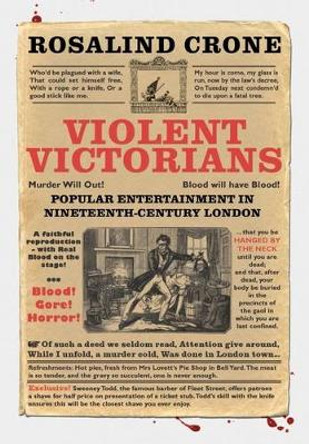The nineteenth-century prison, we have been told, was a place of 'hard labour, hard board, and hard fare'. Yet it was also a place of education. Schemes to teach prisoners to read and write, and sometimes more besides, can be traced to the early 1800s. State-funded elementary education for prisoners pre-dated universal and compulsory education for children by fifty years. In the 1860s, when the famous maxim, just cited, became the basis of national penal policy, arithmetic was included by legislators alongside reading and writing as a core skill to be taught in English prisons. By c.1880 every prison in England used to accommodate those convicted of criminal offences had a formal education programme in which the 3Rs - reading, writing, and arithmetic - were taught, to males and females, adults and children alike. Not every programme, however, had prisoners enrolled in it. Illiterate Inmates tells the story of the emergence, at the turn of the nineteenth century, of a powerful idea - the provision of education in prisons for those accused and convicted of crime - and its execution over the century that followed. Using evidence from both local and convict prisons, the study shows how education became part of the modern penal regime. While the curriculum largely reflected that of mainstream elementary schools, the delivery of education, shaped by the penal environment, created an entirely different educational experience. At the same time, philosophies of imprisonment which prioritised punishment and deterrence over reformation undermined any socially reconstructive ambitions. Thus the period between 1800 and 1899 witnessed the rise and fall of the prison school in England.
About the AuthorRosalind Crone is senior lecturer in history at The Open University, author of Violent Victorians (2012) and has written on nineteenth-century popular culture, the history of reading, literacy and education, and the history of prisons. She is Director of the Open University's Centre for the History of Crime, Policing, and Justice and project lead for prisonhistory.org.
ReviewsThe book is a wealth of comprehensive research with a substantial number of areas of interest to family and community historians as well as to those with general interest in social history. * Helen Johnston, University of Hull, Family & Community History, Vol. 26/2 *
The amount of research that has fed into this book is indeed impressive; the wealth of data - some of which is presented in extensive appendices at the back of the volume - will be an essential resource for anybody studying penal and educational history for years to come. * Anne Schwan, Culture and Social History *
Book InformationISBN 9780198833833
Author Rosalind CroneFormat Hardback
Page Count 464
Imprint Oxford University PressPublisher Oxford University Press
Weight(grams) 1g
Dimensions(mm) 240mm * 165mm * 29mm





